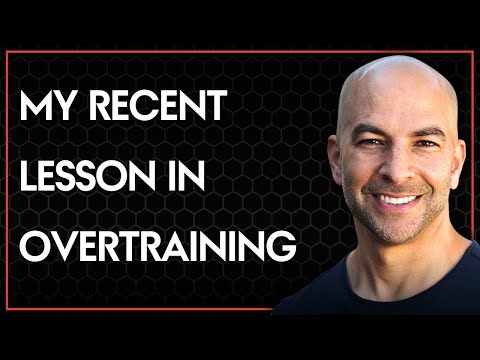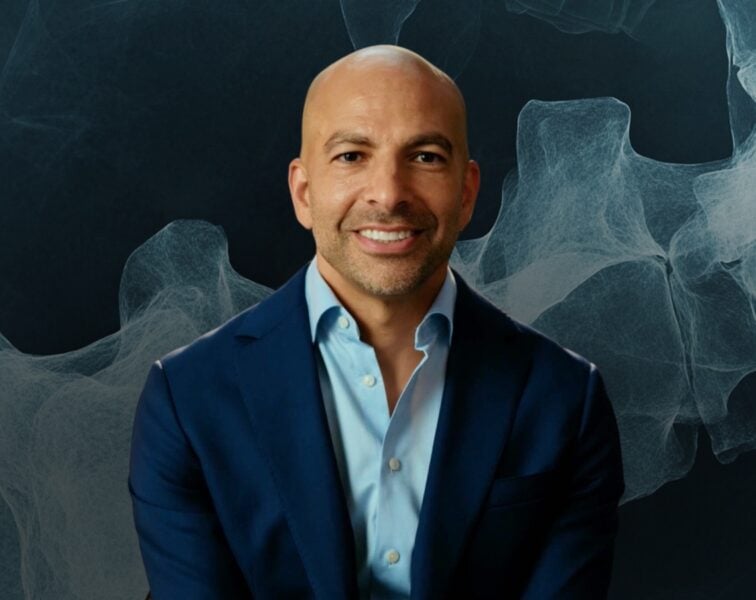Most of us – even physicians – have a couple of vices when it comes to optimizing our own health and performance, even when we know the potential harm. Whether it be a couple of happy hour drinks most days, skimping on sleep during the workweek, or not drinking enough water, we often know what we should do, but for whatever reason, we ignore that knowledge.
The vice of overtraining
No one reading this will be surprised to know that I love working out, or that, as a result, one of my personal vices is overtraining. I know, I know – that probably sounds as stilted and pretentious as a job candidate who responds to an interviewer by saying “my biggest professional weakness is that I’m too committed to my work” – but as I explained in a recent premium article on VO2 max, overtraining is indeed well known to paradoxically impair physical performance. On a whole-body scale, overtraining can even lead to poor sleep, low mood, and a variety of other symptoms. I know this. I’ve seen it in some of my own patients. But call it stubbornness, habit, or whatever you will, I’ve nevertheless persisted in my exercise routine. That is, until I was recently forced to skip some workouts due to a hectic travel schedule – and was stunned by what I saw when I got back to my old routine, as I explain in the video below.

After a break from upper body workouts for one week, I hit personal records in not one, not two, but every exercise in my next upper body session. It felt fantastic, and the only plausible explanation for the improvement was the break from training. The magnitude of difference it made left me downright flabbergasted, even though I’d known on an intellectual level that overtraining can negatively impact performance and that my own training regimen put me at risk of this very effect.
Seeing is believing
For some who are reading this, awareness of overtraining and its effects on performance might be the most important takeaway. But overtraining is just one – and far from the most common – of countless potential health-related vices. In some cases, skipping too many workouts is a concern, while for others, it might be snacking too close to bedtime, or not making enough time for loved ones, or not eating enough fiber.
Regardless of the behavior, sometimes knowing what’s best for our health isn’t enough to motivate us to make positive changes. In my case, I had to experience the result of the change before I could truly appreciate it and make the decision to rethink my training regimen going forward. Seeing was believing – and I might never have made it there without a short (and, as I thought at the time, undesirable) disruption of my usual workout plan. Likewise, those with other negative health habits might find that even brief (or in my case, accidental) experimentation with giving them up might generate eye-opening results that make it easier to commit to long-term changes. And while not all changes will lead to immediate, perceptible improvements, at the very least, you just might find that abandoning known, long-held vices is easier than you thought.
For a list of all previous weekly emails, click here.




